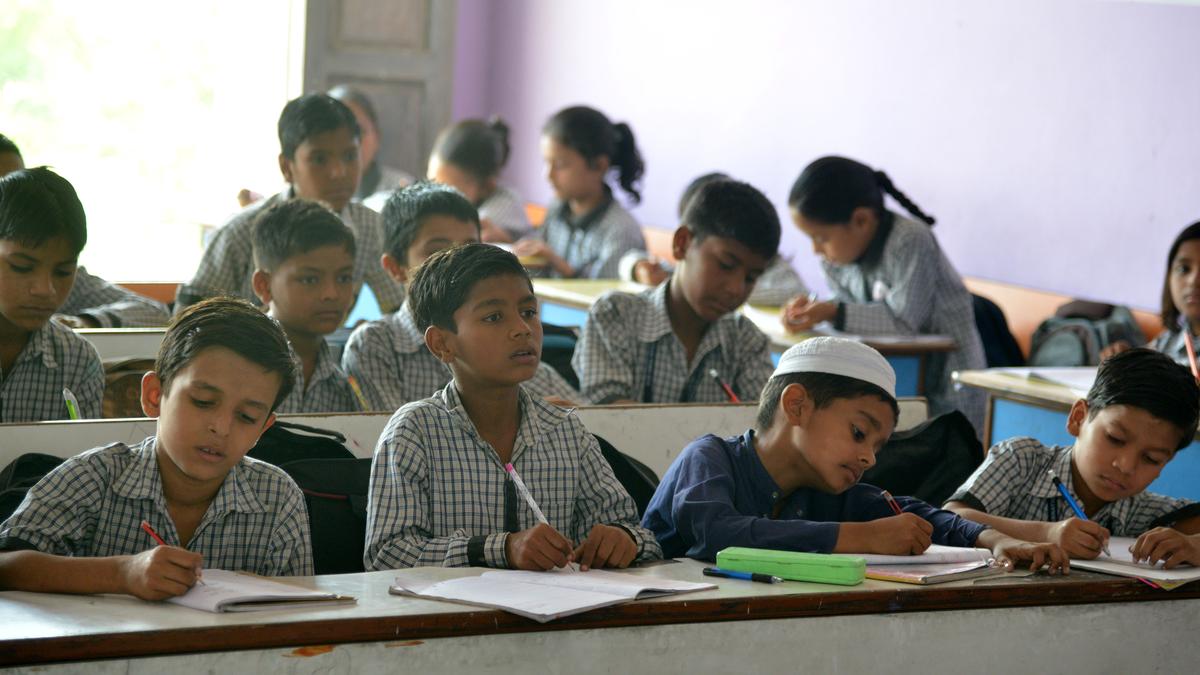
The Telangana High Court has ruled that the State Election Commission can proceed with the local body elections, stating that the polls may be held under the old reservation pattern.
| Photo Credit: NAGARA GOPAL
The Telangana High Court has ruled that the State Election Commission can proceed with the local body elections, stating that the polls may be held under the old reservation pattern, as the government’s order providing 42% reservation for Backward Classes (BCs) has been stayed.
A Bench comprising Chief Justice Aparesh Kumar Singh and Justice G.M. Mohiuddin stayed the Government Orders (GOs) 9, 41, and 42, which had provided for 42% BC reservations and outlined the election schedule. The court’s detailed order issued late on Friday stated that the reservation should not exceed 50%, in line with Supreme Court directives.

The Bench clarified that it had not stayed the election process itself, as the Election Commission’s authority remains intact. Only the implementation of the government’s GOs and the increased reservation policy would remain suspended until the matter is finally adjudicated.
With this order, the Election Commission can now proceed to notify the proportional seats as open category and conduct elections to the long-pending local bodies in Telangana, the order copy clarified.
Quoting the Supreme Court’s earlier rulings, the Bench said that in the absence of conditions to conduct the “triple test” for determining BC reservations, the Election Commission may treat the proportional seats as open category and proceed with the elections.
The court observed that before the government issued GO 9, the total reservation stood at 50%, comprising 15% for SCs, 10% for STs, and 25% for BCs within the constitutional limit prescribed by the Supreme Court. The new 42% reservation for BCs would have raised the overall quota to 67%, exceeding the ceiling.
The state government had argued that it had complied with the triple test by appointing a special commission to study the socio-economic conditions of BCs, and that the 50% cap was not a rigid rule but rather a flexible one, citing the EWS quota cases as precedents. However, the court held that Telangana had failed to establish such exceptions in this instance.
“After considering all judgments of the Supreme Court, this Bench is of the view that the government failed to adhere to the 50% limit laid down in the Vikas Kishan Rao Gawali case before issuing GOs 9, 41, and 42,” the order said.
Published – October 11, 2025 09:50 am IST



